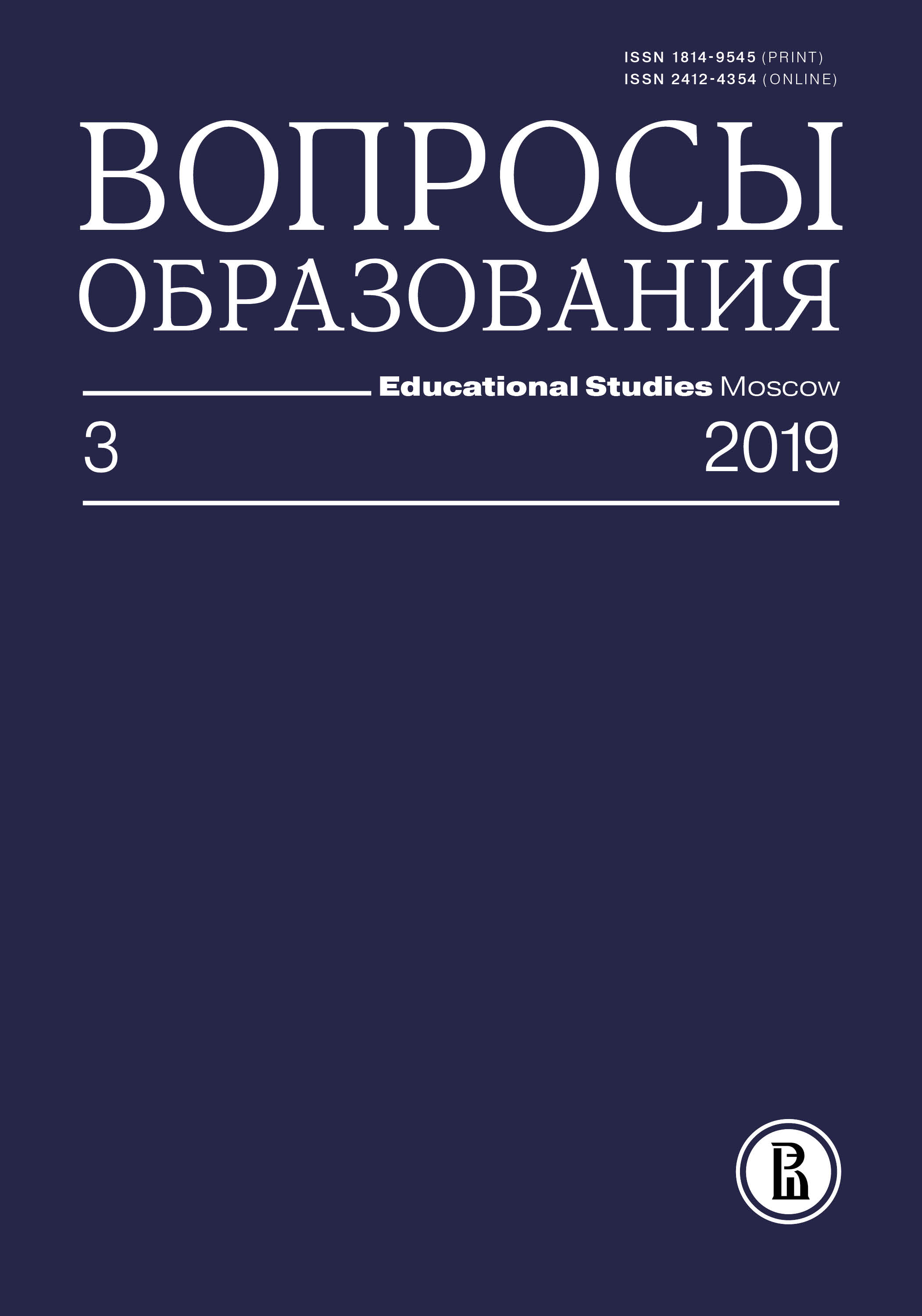На пути к новой модели аспирантуры: опыт совершенствования аспирантских программ в российских вузах
Аннотация
В эпоху экономики, основанной на знаниях, повышение качества и результативности аспирантских программ является одним из ключевых вопросов в обеспечении экономического развития и национальной конкурентоспособности. Российская аспирантура находится в состоянии переопределения своей цели и организационной модели, что обусловлено как глобальными вызовами, так и вступлением в силу нового Федерального закона «Об образовании в Российской Федерации» и нового Положения о присуждении ученых степеней. Переходный период в развитии аспирантуры, осложняющийся низкими показателями защит аспирантов и проблемами институционального характера, обостряет актуальность поиска средств совершенствования аспирантуры. На основании интервью с аспирантами и сотрудниками, ответственными за реализацию аспирантских программ, анализируются практики российских университетов, призванные улучшить аспирантскую подготовку. Эти практики сгруппированы в соответствии с традиционно выделяемыми в научной литературе аспектами аспирантской подготовки, непосредственно связанными с ее результативностью: 1) процесс приема в аспирантуру; 2) учебный план аспиранта; 3) научное руководство; 4) отслеживание прогресса аспирантов; 5) механизмы финансовой поддержки аспирантов; 6) психологический климат; 7) полезные педагогические практики. Обсуждаются возможности тиражирования практик, призванных улучшить аспирантскую подготовку, и ограничения, которые необходимо учитывать.








